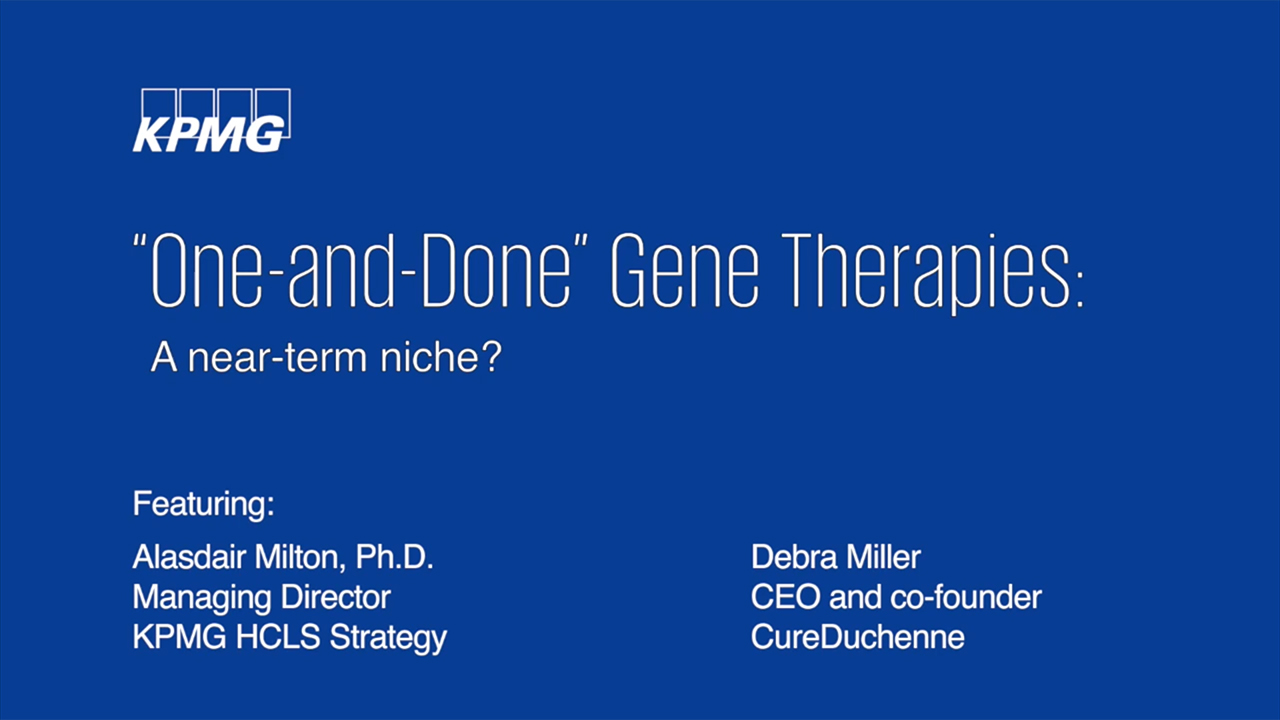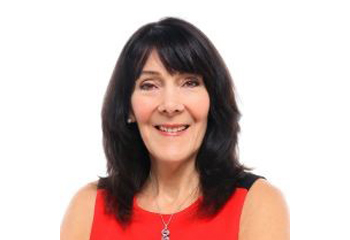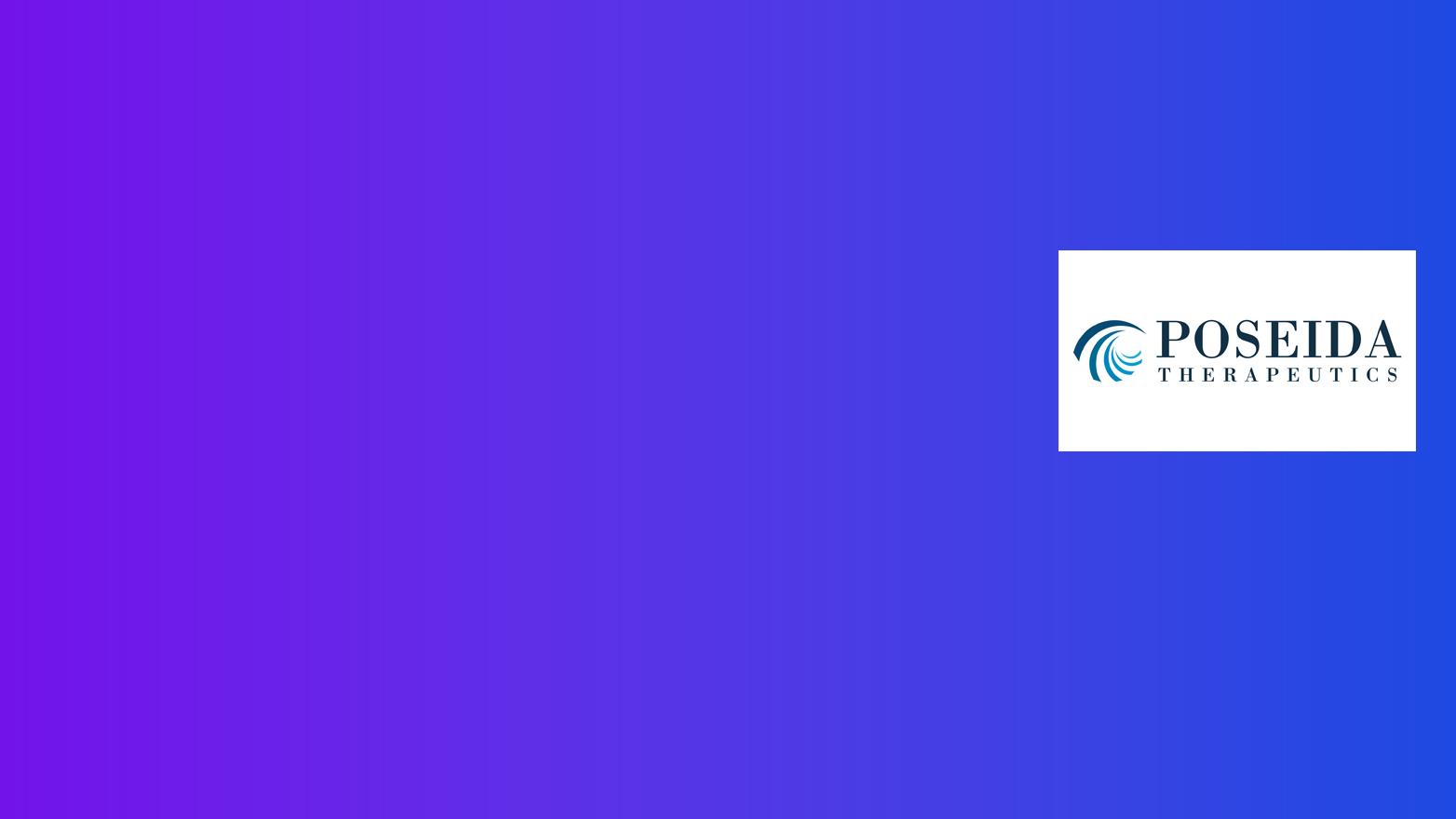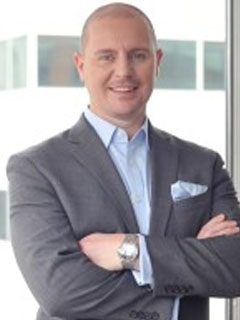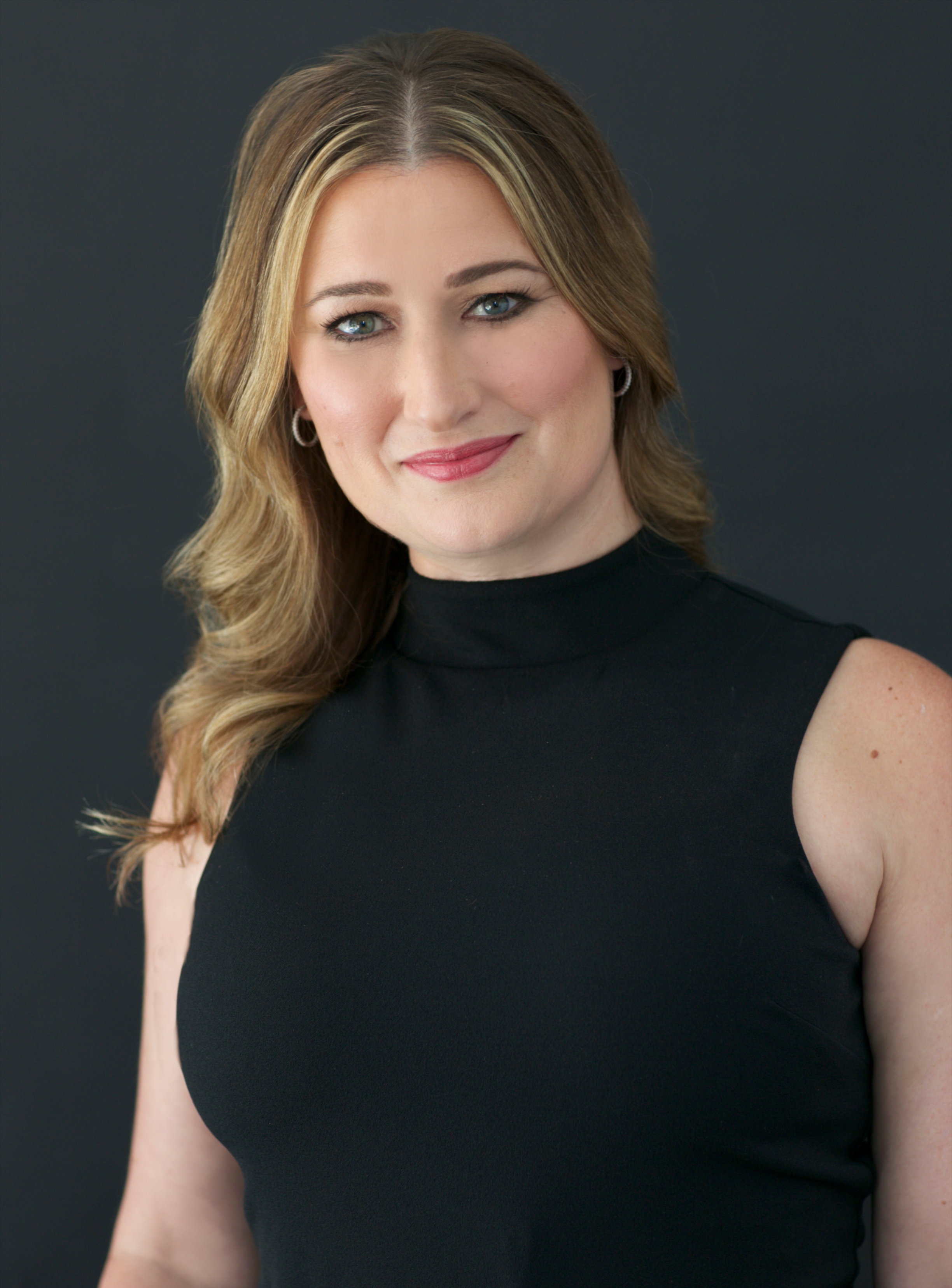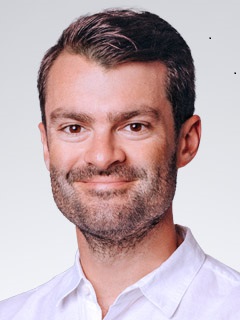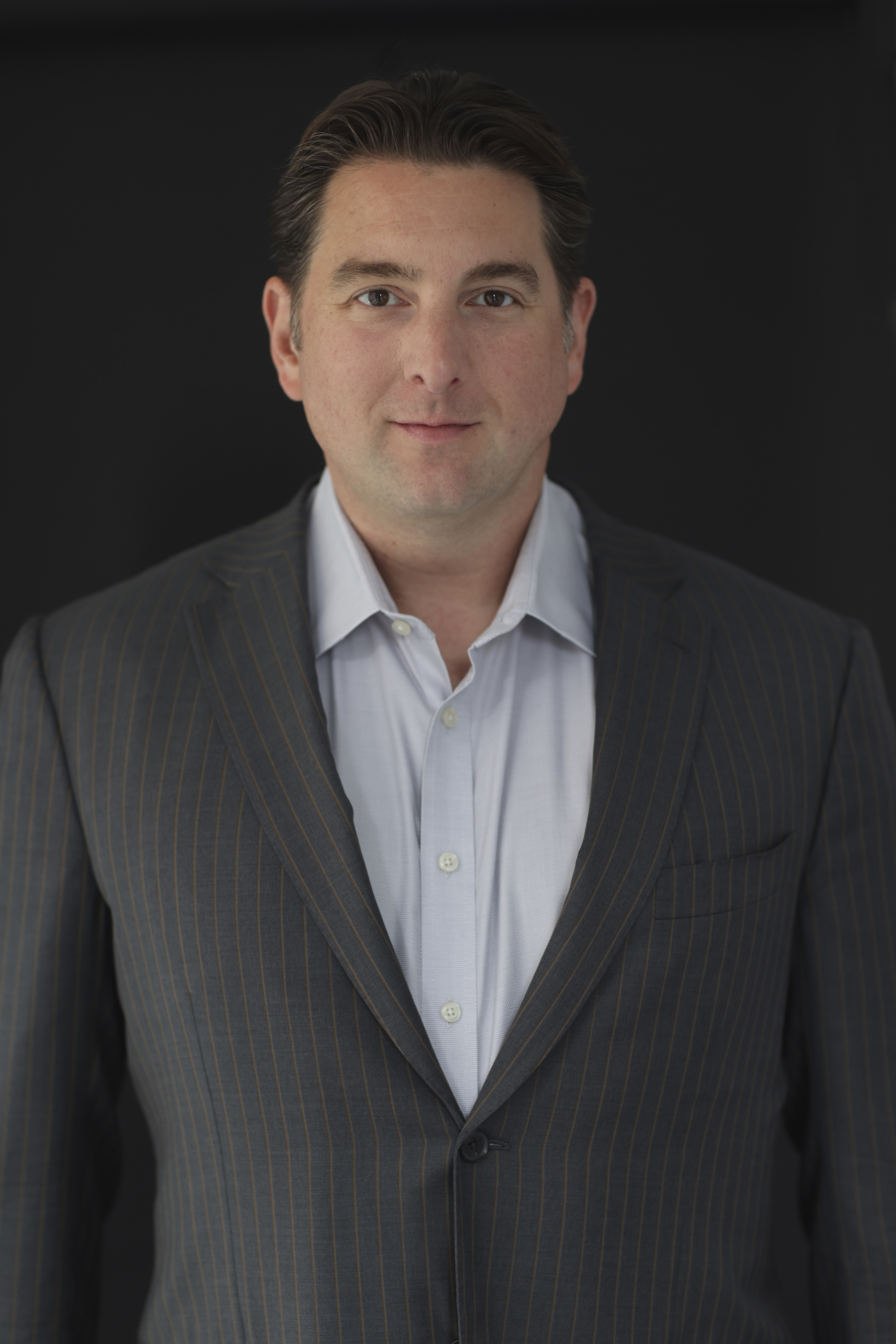Video transcript
Interview Transcript with Debra Miller, CEO and Co-Founder of CureDuchenne
Alasdair Milton, PhD: Thanks for joining today. It's my pleasure to be speaking with Debra Miller, who is the CEO and founder of CureDuchenne. Debra, thanks so much for giving us some of your time today. It's a privilege to be spending some time with you and getting your perspectives on Duchenne's and the promise of gene therapy.
I just wondered if you could just spend a couple of minutes, just giving us a little bit of your own background, and then just give us a little bit of background to CureDuchenne's for those on the call who aren't very familiar with the advocacy group.
Debra Miller: Sure. First of all, thank you for having me, and it's a great opportunity to talk about Duchenne, which I do any opportunity that I have. I first discovered Duchenne muscular dystrophy when our son Hawkin was diagnosed at five years old, after about a two year journey of trying to figure out what was going on with him, and being misdiagnosed and ignored by his pediatrician, we finally heard that he had Duchenne muscular dystrophy and we had never heard of the word before as most parents haven’t before their child is diagnosed with this. We quickly did our homework, both my husband and I were in sales and marketing positions at the time, I was in technology. We knew that we were going to want to be very active in raising funds to try and find a cure for this disease.
We were told when our son Hawkin was diagnosed, and this is in 2002, that there is absolutely nothing you can do go home and love your child. There's no cure. It was devastating. We went to work with another organization, not ever intending to hang our own shingle and started a nonprofit, did not come out of that world, but realized back then that our business background wasn't really in alignment with a lot of the nonprofits, and we tended to gravitate towards small biotech companies that were making a business out of developing drugs versus academic scientists, although our advisory board were all academics and of course is an incredible cornerstone of the ecosystem of research, but just having the sense of urgency, of really wanting to move the science out of the lab and into clinical trials motivated us to start CureDuchenne in 2003.
We started it with the intention of just funding research. We wanted to save our son, and then we got to know a few more families and fell in love with their sons and wanting to say them. Basically got to know the community and really took it on as a mission to help all these families that are affected by Duchenne muscular dystrophy, so that was in 2003, we funded a couple projects, Sarepta Therapeutics, PTC, that have gone to be public companies and successful and realized along the way that if we were going to be funding organizations that had some commercial potential, that we should be able to participate and take advantage of any potential gain that would come out of that. We worked so hard as a nonprofit to raise money, that it just seemed fair.
We did not even know at that point that there was a term called venture philanthropy. We just knew that if we're going to give a company a million dollars, that we should get some sort of equity, a return in that, and so we started on this model and we just kept moving along and funding research and along the way realized how slow drug development is, so we started another division or another program of the company called CureDuchene Cares, which is a means to take care of these kids while we're waiting for the drugs to be developed, while we're waiting for that cure. Pre-COVID, we actually were doing 30 events around the country, very small events, all the way up to a national conference once a year, to bring best care to the communities all over the country, where many healthcare professionals weren't familiar with Duchenne, they didn't have good clinics in the area and the families were just in the dark.
So, that program took off and has been extremely successful, and it's really turned into not just parenting patient education, but really an overall advocacy organization also. We also understood through funding research, how little was available to the drug developers in terms of biospecimens and research material, so we started the CureDuchenne Biobank with the intention of really making a resource available to academic scientists, clinicians, and drug developers in pharma that really wanted to bring forward treatments, we wanted into incentivize them and make sure that they chose Duchenne instead of giving up on it because they didn't have biospecimens. That's just a really shortcut to why CureDuchenne has gotten to where we are right now.
Alasdair Milton, PhD: Can you just give us a sense of the actual the burden of the disease, not just on the patient, but on the caregiver, your mom and dad, brothers, sisters, extended family. Can you give folks a sense of, from your perspective, how has standard of care evolved over the last 18 years since you founded CureDuchenne?
Debra Miller: Duchenne muscular dystrophy affects the whole family. It's a devastating disease. When our son was diagnosed at five years old, and we were told that by 18, we would be losing him. All I could think of at that point is all his little friends when they're graduating from high school, that we would be burying him. It's overwhelming. Anybody who has a child can understand just the devastation and the pain that you go through and you grieve, you lose the life that you thought you had and you go through a whole grieving process, and siblings are affected because so much attention is put on the care of the affected child. Marriages are strained. It does affect the whole family. It's a progressive disease.
These children are born and they seem perfectly normal, so you have plenty of time to plan your child's future. I remember thinking early on after he was diagnosed, that we thought we knew so much, we thought we were in control of our lives. What we realized is that you really don't have control over much, and all that you can do is to just take one day at a time into the best you can do in this case to make the best life possible for your child.
Alasdair Milton, PhD: How has the standard of care evolved since you founded CureDuchenne? It sounded like when you founded CureDuchenne in 2003, you were basically told to go home and get ready to basically lose your child, and now we do have some therapies, we do have some treatments. Can you give us a sense of, not just from a therapeutic perspective, but there are other treatments out there for the disease, can you give us a sense of that?
Debra Miller: Sure. When our son was diagnosed, it was experimental at that point to put these kids on steroids, and we went ahead and made the decision to use steroids, even though the side effects could fill a book, and a lot of those side effects are things like weight gain, stunting the growth, which are very serious side effects, but we made the decision to go ahead with the steroids and do what we could, meaning being very strict with diet and it's paid off. Our son has always been thin, which is unusual for a boy or a young man on steroids, so that has been really important. Our son is 24 years old now, and he's still walking a little bit around the apartment. We feel very blessed, but it took a lot of discipline to do that.
It took stretches every single day, no matter how sick he was, or we were, travel, or tired, or whatever. It just took the discipline to do what was available for us at that time and to take the steroids, but manage the weight, manage the behavior challenges that come with steroid use. Back then we went to three muscular dystrophy clinics, and after six months into this diagnosis, we felt that we were better prepared to answer a lot of these questions than the doctors that we were talking to. We searched high and low to find the right doctor. We flew to Utah for a little while, until we learned that it might be wise to start these kids on prophylactic cardiac medications, and we were told, no, we're not going to do that here.
We ended up changing doctors, Dr. Brenda Wong was in Cincinnati at that time, at that point, so we started flying to Cincinnati. She's now moved to Boston, so we fly across country once or twice a year to Boston because that's the care that we get there is so superior to what you find in other parts of the country. It's getting better. There's more and more, physicians that are becoming neuromuscular specialists, and because Duchenne has been very high profile, and we've been very active with funding early research, which means there's clinical trials, which means it's involving more and more clinicians. It's been quite an ecosystem that I will say that compared to when Hawken was diagnosed, the life expectancy is probably close to 10 years longer, which is fantastic, and we'll take that, but those later years, aren't exactly wonderful years there's very little useful body in any way. We've come a long way, but we have so far to go.
Alasdair Milton, PhD: Can you give me a sense of the actual activities that CureDuchenne funds on a day-to-day basis? Do you mostly fund basic research within academia? Do you do a lot more in terms of helping set up clinical trials and recruiting patients for clinical trials, and then what are the stakeholders that you interact with across the biopharma academic medical ecosystem?
Debra Miller: That's a very long answer. We interact with all the stakeholders in many different facets. Every investment that we make is different or every funding project that we make is different. For the most part, we invest in early stage biotech companies. A couple of examples are, we invested in Bamboo Therapeutics, which was based in North Carolina, gene therapy company and Pfizer bought them after that. Another type of investment that we make, we cofounded a company with Dr. Eric Olson out of UT Southwestern. The company was called Exonics and they were the first company to go and investigate CRISPR for Duchenne. We co-founded that company, and it was sold to Vertex two years after that. More recently, we've been funding some platform technologies to find research that will circumvent some of the challenges we have with the delivery mechanisms right now for gene therapy.
We do fund some academic scientists, but what we're finding recently is that academic scientists are starting companies so early now that it's an unusual situation where we're almost in some cases, funding scientific projects but with an equity investment, and it can be good. It can also be difficult if the academic scientists don't know what they don't know about running a business. This is where we're still learning, go through with our investment thesis, that we do welcome investing very early, but we also have expectations now that the scientists' founders acknowledge that they need business help, and they made the drug development experience, and they need the business structure around it. People are always asking us what is our model? It's so varied, depending upon the stage, but we do invest early, but primarily into small companies.
Alasdair Milton, PhD: It's interesting. I think when you say the words, patient group to most people, they think of sponsoring runs to raise money or doing X, Y, and Z, not really thinking of patient advocacy groups as being businesses that can really help seed new scientific innovation. It sounds like you guys very much take that scientific lens, but also the business hat as well.
Debra Miller: Yeah. I would say that obviously the small companies, depending upon the size of the companies is how important our funding is in the whole scope of the drug development process our actual number is small, so depending upon their stage is how crucial our funding is. But one thing that they always appreciate sometimes even more than the funding, I think, is the expertise we bring in terms of just the domain knowledge about the biology, about the drug development process, about clinical trials, about the patients about their interactions with regulators and such. We've taken that for granted, but over the last, 17 years, we've internalized an awful lot of that. I think we've become very good partners with drug developers. They've got the product and we have a lot of insight information to help them.
Alasdair Milton, PhD: You talked a little bit about the venture arm. The biobanking piece. Can you talk to us a little bit more about that? That's really interesting to me.
Debra Miller: Right. I think just two conversations with biotech companies who were coming to us and asking us for biospecimens, because they were thinking about working on Duchenne and they weren't sure, but they needed to test their theory, their hypothesis on, human samples, and we couldn't help them. They couldn't find it. They were searching all over the world and there are biobanks that they're very siloed. They exist in universities that are not necessarily sharing and so it became clear that there was this need, and I never want any scientists or any biotech company to walk away from Duchenne because they don't have the proper tools to work with, so what started off as a very simple endeavor with just taking some samples, blood, and skin, some of our events, which we were pleasantly surprised on the participation with the Duchenne community, the parents were lined up and they really wanted to participate in this, and then COVID happened and so it made the collections difficult, but in a way it's been a silver lining for us because we were able to step back and know what we didn't know about biobanks.
We are coming out with it now in a much educated, much more informed way. I think it's going to be, as soon as we can really ramp up the collections again, it's going to be, I think, a very powerful tool for drug developers to be able to tap into.
Alasdair Milton, PhD: Do you think that's something that other patient advocacy groups should be thinking? When I look at what you guys have done, it's almost like a blueprint in some ways for how patient advocacy should get more engaged and drive forward the science. Do you think that biobanking, venture arms, the approach that CureDuchennes' is taken as almost some kind of blueprint for others?
Debra Miller: I think so. I'd love to say we invented all this, but there are and this is kind of, originally when we started the organization, sometimes we just go and then we find out afterwards that people are actually some good jobs at this. There are some other organizations that are doing fantastic jobs, like multiple myeloma has a cure cloud and so it's a much bigger disease, much more prominent, much more mature in terms of their research and development, but in cancer has done that. I don't think we're inventing anything really new. I think what we're doing is taken an infrastructure that bigger diseases, more mature diseases have taken, but we're scaling it to a rare disease, so from that standpoint, yes, I do believe that we will be able to help other rare disease organizations.
We will be making announcements about this over the next month or two, and I think when we come out with this, you'll be able to see that it is quite involved and there has been a tremendous amount of work that's gone into what we hope is the Goldilocks scenario in terms of finding just the right recipe for putting this together. Part of our plan is absolutely to try and take our learnings and shortcut that for any other organization that wants to participate.
Alasdair Milton, PhD: You mentioned COVID. How has that affected the community? It sounds like there was a challenge in terms of collecting biospecimens. Has there been, I know, any kind of upside in terms of engaging with digital technologies to try and connect patients better? How has COVID affected the Duchenne community?
Debra Miller: We haven't missed a beat. In fact, we've been extremely productive. Clinical trials have slowed down, but they seem to be coming back up, but in terms of our funding projects, which are early stage, it's still moving forward so quickly, we're probably going to fund more research between last year and this year than we have and years combined before this. From a patient advocacy perspective, we pivoted really quickly to virtual. In fact, it's been fun because we've been able to reach so many more families at one time and broaden our message out and have specialized in mental health webinars or drug development webinars, or industry webinars. There has definitely been a silver lining there.
I think that from the actual patient's perspective, it's obviously the isolation has not been good for anybody, but it's been to a certain extent, a leveling of the playing field for these guys. Again, my son loves video games, surprise, and so he's playing, especially in the beginning of COVID, he was playing with a lot of his friends that were in the same boat that he was, which is unusual because they were home and they were available and they had this common ground were the video games. He has a Twitch channel now he's got his followers, so there's been some silver linings. I know that he's now vaccinated, and this last weekend, he was just out, he was at the beach, visiting friends, just all over the place. I didn't realize what confinement might have done to him, because we're all in the same boat, but to see him out and about, the lights and the eyes and the smile and the energy and everything, it's going to be nice for everybody to be back out.
Alasdair Milton, PhD: Let's talk about gene therapy. Again, this space has evolved. Gene therapy broadly has evolved massively over the last 20 years, and we're now in an era of potentially one and done. If you think about these potentially bring cure for devastating diseases for which there's really no standard of care. Can you give us a sense of, when you think about the promise of gene therapy, what are some of your thoughts about the promise of gene therapy, but also some of your concerns or what do you see some of the challenges you talked about delivery. That's just one of them, there's manufacturing concerns. There's even this question of, is it really a cure? There's also a lot of other nucleic acid based technologies that are either on the market or in development. It's a very dynamic, innovative space. I'd love to get your thoughts on what you think of this space from the point of view of the Duchenne community.
Debra Miller: Sure. It's an exciting time addition, Duchenne research. This is over simplifying it, we break down our research into three buckets, one would be, the antiinflammatory, anti-fibrotic things that will just hopefully reduce the downstream pathology of the disease. Then we have the dystrophin replacement therapies, which could fall into the RNA, exon skipping, which we have now four drugs that are approved, incremental improvement, a long way to go, but proof of concept there. The fact that we were able to get 1% dystrophin was phenomenal, we're creating something out of nothing. How difficult is it to create a protein in the body that's been there before?
I think we should, as much as we need huge improvements, I think it's worth celebrating that we got to that first step. In terms of exon skipping, I still see a lot of promise in this, but we just need to go to step two, three and four on this. So, we funded two companies that are using antibodies to deliver the RNA, exon skipping, and one of them should be in clinical trials for Duchenne next year, and then Dyno Therapeutics in Boston is actually working on a similar antibody delivered exon skipping. It's early and we'll see, but it makes a lot of sense.
Gene therapy, there is a tremendous amount of hope, but we do have a lot of challenges to overcome. One of the biggest challenges is that there's a lot of muscles in the body and we're not delivering a gene therapy to a single organ, especially a very small organ, like an eyeball, and so just the massive amounts of the vector and the gene that has to be delivered is overwhelming from a manufacturing standpoint, from a potential toxicity standpoint, because you're just going delivering so much, and then also from the cost standpoint. So, perfecting the delivery with alternate delivery mechanisms that reduce the amount of vector that has to be delivered and then improving the manufacturing so that it's pure and there's less empty capsids, and you're just getting more bang for your buck.
Those are all going to be really, really important. Is it one and done? I don't think so. I think that just given again, that the amount of muscle that you have to address and the fact that the muscles, weight bearing and such, I do believe that we will need some sort of re-dosing, we don't know when, how often, but one could foresee that after a number of years that we would possibly need to re-dose. Something else to remember is that the current gene therapy doesn't necessarily cure the disease, it changes from Duchenne to Becker, which is a milder form of Duchenne, which again as a family, as a parent, you'll take that all day long because there's a lot of Becker patients that live pretty normal lives. So, it's a big step, but for the past two or three years we've planned on success for gene therapy, but we've also at the same time been working really diligently to find companies that are coming up with technologies to cloak the A V virus so that we can evade the immune system to come up with alternate vehicles to deliver gene therapy.
Also, what's going to be really important are immune modulation protocols, because a lot of the patients, maybe half the patients on, especially the older they get, are going to have neutralizing antibodies, so there'll be ineligible for this.
Alasdair Milton, PhD: You and I think have talked about this in the past, is this issue of inclusion in clinical trials around zero-positivity. Can you give us a sense of that frustration there?
Debra Miller: It's frustrating maybe beyond frustrating and heartbreaking that I don't know that as a parent you could think of any worse situation than to have your son be actively involved in helping find a cure and to get to a point where really young kids have this cure, and this whole generation it's out of their reach. We're in an age of inclusivity, and I think that should also include all patients, no matter what their age is, and so we're working really hard to work with drug developers, to encourage them, to take a look at older patients, but it really comes down to a symbiotic relationship with the regulators also, and how much risk are the drug developers willing to take, if it could impact the clinical trials and getting the drug approved for anybody.
There's a lot of complexities in there, but it's definitely something that we're working really hard on and very determined. We're going to get there who thought that we'd be able to put a new gene into the body, and we're doing it. Again, I think it's time to step back, pat ourselves on the back and celebrate this without pausing, but there are solutions, we can see the solutions and we just have to make it happen now.
Alasdair Milton, PhD: One thing that struck me around rare genetic diseases is there's very few of them that are actually in the newborn screening panel, and you talk about older patients and clearly that the earlier you diagnose a patient with a rare genetic disease, the better for them, whether there's an active treatment or not, whether it's a genetic treatment or some other treatment, or it's physiotherapy, whatever it might be, the earlier you diagnose and treat the better. Can you talk to me about your efforts to have Duchenne in the newborn screening panel, and are we doing enough in this country to have more of these genetic diseases in the panel and what has to happen so we can really get there?
Debra Miller: No, we are not doing enough as a country to get all these rare diseases in the panel. I still wonder why, because yes, it is expensive, but it's, to me we've been made much more complicated than it needs to be. It's a matter of will and it's a matter of doing it, and so I think that we're getting closer, but as anybody knows working with government agencies, isn't really quick. We actually are working on an initiative that is for a supplemental newborn screening, which would be an addition and supportive of the rest and helping get proof of a program that could feed into the state and federal newborn screening programs. This is where CureDuchenne is a little bit different. We tend to find, if possible a business solution to what's been perceived as more of an academic government solution, and so we'll have more to talk about this in probably the next couple of months, but definitely believe that it's worthy of doing. There should be a public will to do it, and if there's any way that we with our models can kick started it a little bit and help, we're going to do that.
Alasdair Milton, PhD: Just before we wrap up, any other final thoughts or things you'd want to highlight for folks who are watching this interview - is there a lesson for biopharma companies? Is there a lesson for academics? What would you want to have as your lasting thought?
Debra Miller: I would like to say that we have a model that works with CureDuchenne Ventures. We've created a model that we, as a Duchenne organization are willing to spend a lot of time and energy to basically be out scouting, looking for those opportunities for Duchenne specific therapies or platform technologies that could apply, and so we have our nose to the ground looking for those opportunities. We fund small amounts of this research early on to de-risk it, to fund a really risky early science to get to proof of concept and by doing that, then we're able to kind of tee it up if you will, and present to investors, to biotech companies, to pharma companies, some really good candidates for them to develop. As much as the ecosystem could support CureDuchenne and CureDuchenne Ventures, in our efforts to raise the small amount of capital so that we can do what I consider to be some of the heavy lifting early on before we pass it on to the drug developers.
Alasdair Milton, PhD: Almost de-risking, it's just given across that can align to when pharma can pick it up and take it on into the clinic.
Debra Miller: Exactly.
Alasdair Milton, PhD: Well, this has been a great interview. I want to thank you so much for your time. It's been really insightful and thanks once again for taking the time to speak with us today Debra.
Debra Miller: Thank you. It's my pleasure.
Alasdair Milton, PhD: Thank you.

